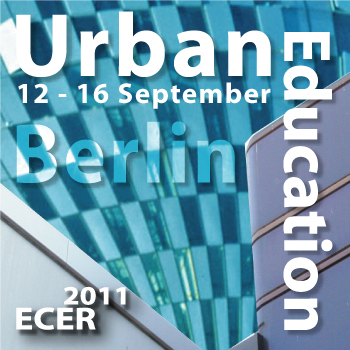Education Research and Useful Knowledge – Production, Dissemination, Reception, Implementation
Friday, 16/Sep/2011, 13:30pm - 14:30pm,
Room: Hörsaal 1
In an information or knowledge society information and knowledge become a commodity, a private or public good. Trading in knowledge takes knowledge as a good for exchange, for accumulation, for investment and for improvement. Therefore, usefulness defines the value of knowledge, its preferred characteristics and the supply and demand of knowledge.
For decades education was seen as an important instrument that was used to improve societies’ welfare and to create a better future. Useful knowledge about education developed in national education systems. It is now being extended to govern national and trans-national education systems.
Education research is expected to provide knowledge about education. Its development is framed by attempts to govern education research in the direction of politically desired and needed ‘practical’ and applicable research on education. It is also framed by the institutions of knowledge that organise national research cultures and sustain the critical function of research knowledge and universities’ autonomy.
In these contested contexts research management and funding play an important role in shaping the work of education researchers. The character of research management and funding practices and priorities order relationships between modes of knowledge, orientations and expectations of educational and political interests, and the social and epistemological terms and conditions of research work, which produces, disseminates, receives and implements education research knowledge.
In this EERJ-Roundtable we open up discussion about what counts as ‘useful knowledge’ in education research. The invited speakers have been asked to comment on specific examples that address three major questions:
- What counts as useful education knowledge and under which conditions, context and criteria?
- For whom is it useful and how do they assert their priority?
- What is the role of researchers in making their research useful?
The invited speakers are:
Dr Marit Honerod Hoveid, Norwegian University of Science and Technology, Trondheim, Norway
Paolo Landri, PhD, Italy, CNR-IRPPS & University of in Naples, Italy
Prof Petra Stanat, (t.b.c) Humboldt-Universität zu Berlin, Germany<link>
Chair:
Prof Francesca Gobbo, University of Torino, Italy
Organisation team on behalf of the EERJ:
Prof Francesca Gobbo, University of Torino, Italy
Prof Edwin Keiner, University of Erlangen-Nuremberg, Germany
Prof Terri Seddon, Monash University, Australia
